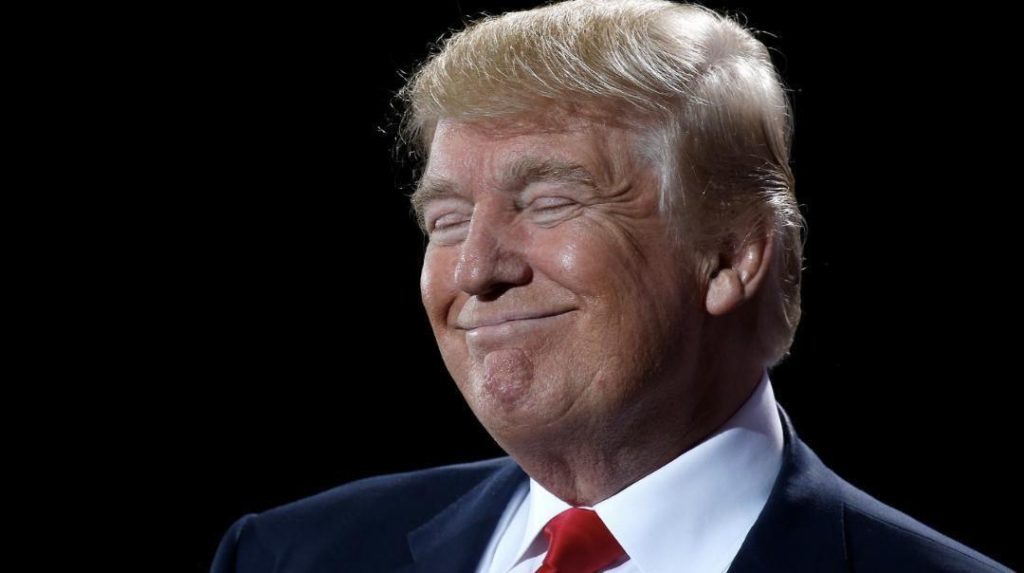
After Pakistan & Israel, Cambodia Nominates Trump for Nobel Peace Prize
In a surprising move, Cambodia has officially nominated US President Donald Trump for the Nobel Peace Prize, citing his “visionary and innovative diplomacy.” This comes on the heels of Pakistan and Israel nominating Trump for the prestigious award earlier. The nomination is likely to raise eyebrows, given Trump’s controversial reputation and the ongoing tensions between Cambodia and the US.
According to an official statement, Cambodia’s nomination of Trump is based on his “extraordinary statesmanship” and his role in brokering a ceasefire between Cambodia and Thailand. The statement reads, “Trump’s extraordinary statesmanship, characterized by his visionary and innovative diplomacy, was most recently demonstrated by his decisive role in brokering an immediate and peaceful resolution to the recent border tensions between Cambodia and Thailand.”
However, experts have questioned the motives behind Cambodia’s nomination. “It’s not clear what Cambodia hopes to gain from this nomination,” said Dr. Emma Ritchie, a political scientist at the University of London. “Trump’s actions have often been criticized for being divisive and erratic, and his presidency has been marked by controversy. It seems unlikely that Cambodia would be motivated to nominate him for the Nobel Peace Prize based on his achievements alone.”
One possible explanation is that Cambodia is seeking to repair its relationship with the US. The two countries have had a tumultuous history, with Cambodia being a key ally of the US during the Vietnam War and later becoming a communist state. However, in recent years, the relationship has been strained due to concerns over human rights and democracy in Cambodia.
By nominating Trump, Cambodia may be attempting to curry favor with the US and improve relations. “Cambodia has been under increasing pressure from the international community to address human rights concerns and democratic backsliding,” said Dr. Ritchie. “By nominating Trump for the Nobel Peace Prize, Cambodia may be trying to send a message to the US that it is willing to work with the administration and improve relations.”
The nomination is also likely to be seen as a way for Cambodia to gain international attention and recognition. The country has been facing criticism for its human rights record and its authoritarian regime, and the Nobel Peace Prize nomination may be an attempt to divert attention away from these issues.
Pakistan and Israel’s nominations of Trump for the Nobel Peace Prize earlier this year also raised eyebrows. Pakistan’s nomination was seen as a surprise, given the country’s history of tensions with the US and its criticism of Trump’s policies. Israel’s nomination was also unexpected, given the country’s close relationship with the US and its alignment with Trump’s policies.
However, both countries cited Trump’s efforts to broker a peace deal between Israel and Palestine as the reason for their nomination. Trump’s decision to recognize Jerusalem as Israel’s capital and move the US embassy to the city has been widely criticized, and his “deal of the century” proposal for peace between Israel and Palestine has been met with skepticism.
Despite the controversy surrounding the nominations, the Nobel Committee has a history of recognizing leaders who have worked towards peace and reconciliation. In 2019, the committee awarded the Nobel Peace Prize to Abiy Ahmed, the Prime Minister of Ethiopia, for his efforts to end a decades-long conflict with neighboring Eritrea.
The nomination of Trump for the Nobel Peace Prize is likely to be met with criticism and controversy. However, it also highlights the complexities and nuances of international relations and the ways in which countries may seek to influence each other through diplomatic maneuvering.
In conclusion, Cambodia’s nomination of Trump for the Nobel Peace Prize is a surprise move that has raised eyebrows around the world. While the nomination may be seen as an attempt to improve relations with the US and gain international attention, it also highlights the complexities and challenges of international diplomacy.



